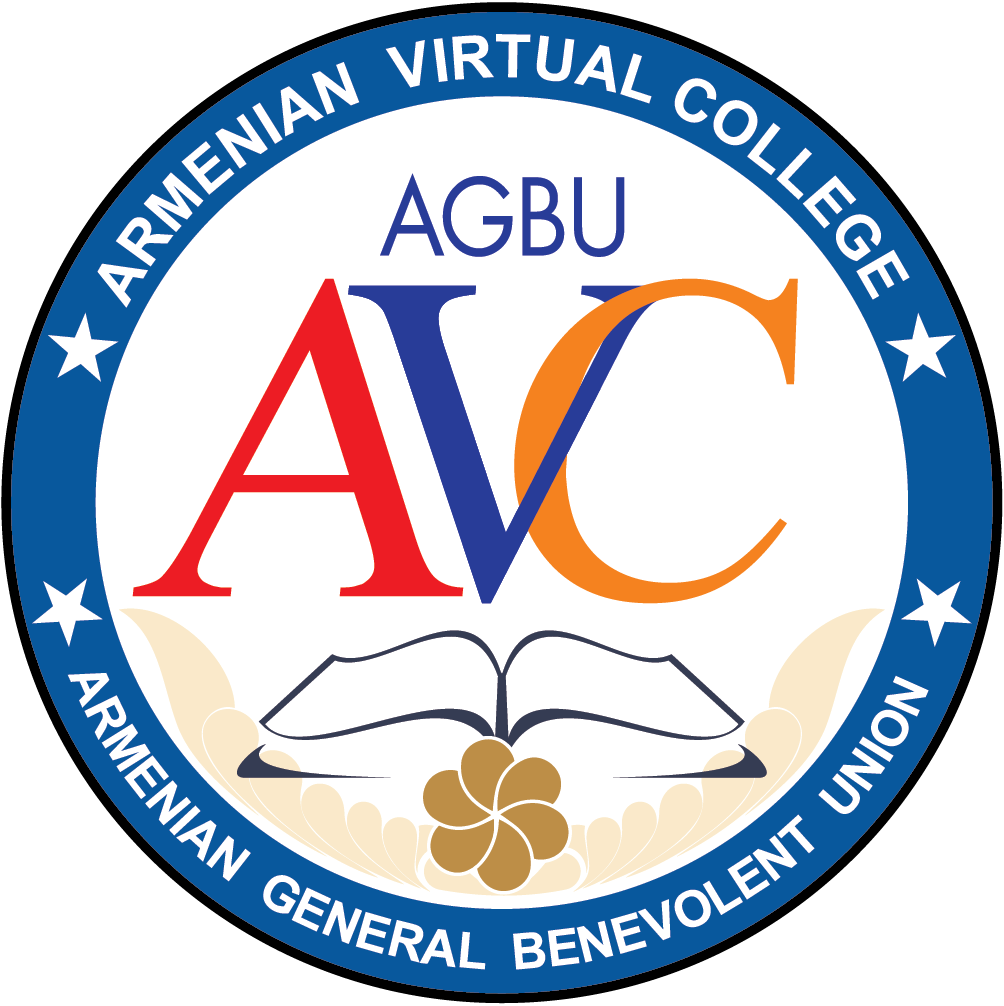Regular student for credit (8 weeks)
A student enrolled for the course(s) as a regular student will receive 4 credits for each course upon successfully completing the coursework in accordance to the syllabus and guidelines provided by the online instructor during the orientation week.
Regular student for credit (16 weeks)
A student enrolled for the course(s) as a regular student will receive 4 credits for each course upon successfully completing the coursework in 16 weeks (in 2 terms).
Auditor (8 weeks)
A student registered for the course(s) as auditor may have limited participation. An auditor is expected to maintain the same schedule of reading as regular students and to take the weekly quizzes. Auditors are highly encouraged to participate in group projects, but are not expected to take examinations. Auditors will get a pass/fail grade.
Auditor (16 weeks)
A student registered for the course(s) as auditor may have limited participation. An auditor is expected to maintain the same schedule of reading as regular students and to take the weekly quizzes. Auditors are highly encouraged to participate in group projects, but are not expected to take examinations. Auditors will get a pass/fail grade upon completing the coursework in 16 weeks (in 2 terms).
Asynchronous Self-Study Program (ASSP) Student for credit
ASSP course is open at all times, on a rolling basis. Each course consists of eight lessons. The duration of completion of a course should not exceed 16 weeks and should not be less than 8 weeks. A student enrolled for the course(s) will receive 4 credits for each course upon successfully completing the course.
Asynchronous Self-Study Program (ASSP) Student for no credit
ASSP course is open at all times, on a rolling basis. Each course consists of eight lessons. The duration of completion of a course should not exceed 16 weeks and should not be less than 8 weeks. A student enrolled for the course(s) will get a pass/fail grade upon completing the course.










